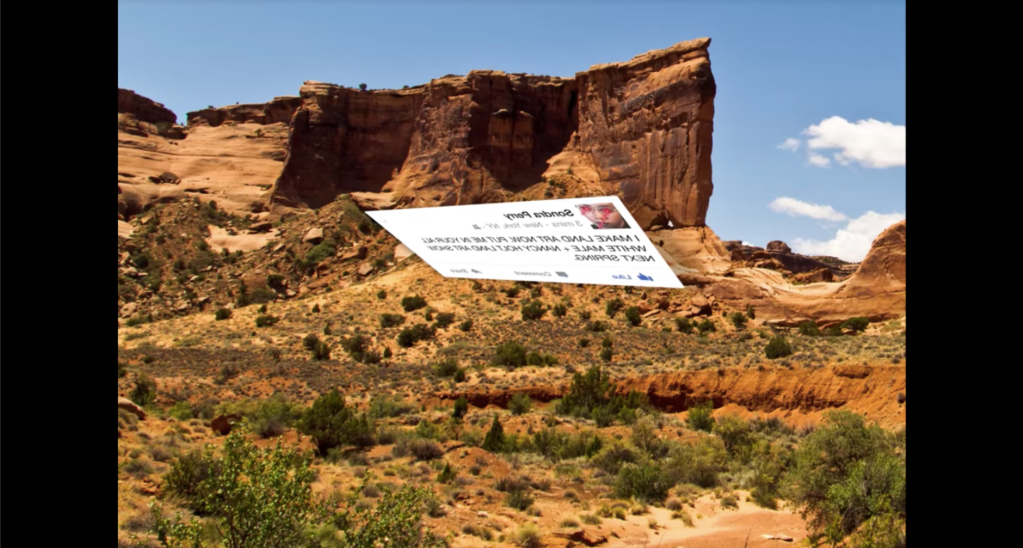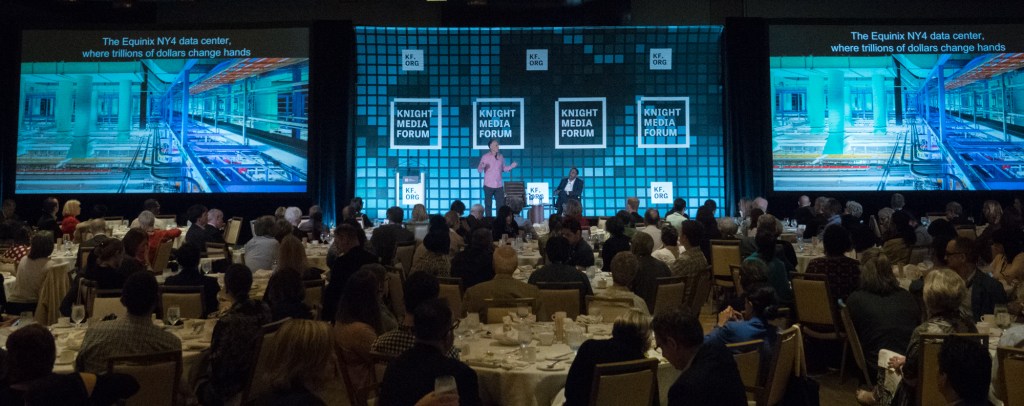
Knight Prototype Fund winner helps farmers markets become data-savvy

Shoppers at a downtown farmer’s market in Sacramento, Calif. Photo by Flickr user Robert Couse-Baker.
One of the biggest issues facing the more than 8,000 farmers markets across the United States doesn’t concern fruit and vegetables. Instead, it’s the data – or lack thereof.
Farmers Market Coalition – a national nonprofit working to improve the skills of farmers market managers – says there just aren’t enough people taking advantage of the data that is available. The nonprofit has 900 members from around the country that represent about 5,000 farmers markets. The organization received $35,000 from the Knight Prototype Fund in 2013 to help develop “Market Metrics,” a platform that makes data collection easier for market managers.
Market Metrics is being tested in nine markets across Ohio, West Virginia and Virginia. “We’re expecting to learn a lot. We’re expecting to change a lot,” said Jen O’Brien Cheek, executive director of Farmers Market Coalition.

The platform allows managers to more easily collect information such as the average number of daily shoppers, estimated annual sales, estimated sales per hour and vendor demographics. The idea is that the collected data allows managers to generate summary reports with graphics that can be useful for operating and promoting their markets. Market Metrics also prototyped creating social media badges with metrics that farmers markets could use for promotion on Facebook, Instagram and blogs, as well as on T-shirts or in newsletters. It also created a communications guide to give tips on who to share data with and what messaging to develop. View a sample report from the Oregon City Farmers Market.
Empowered with data, Cheek said, a farmers market can better identify areas for improvement, promote and market itself to the community and draw in more partners, such as schools, governments and local businesses. “The strongest farmers markets in the country are those who have really strong community partners,” she said.
It’s been tricky to develop a platform that is universal but also flexible enough to be responsive to the nuances of different markets, Cheek said. But, “market managers are often collecting a lot of data but they don’t realize it. They don’t think of it as data,” she added. For example, vendor applications contain lots of useful information.
During their Knight Prototype Fund period, which ended last June – members of each cohort get six months to develop their projects – Cheek said the coalition was able to reduce 80 metrics to about 12. The organization then worked with market managers to figure out how to best represent those metrics and what form of that information is most useful, she added.
In addition to $35,000 in funding, Prototype Fund winners join a cohort and receive access to other resources, such as human-centered design training.
Farmers Market Coalition is still developing the platform. The organization is doing research with the University of Wisconsin, Madison to pinpoint which metrics markets should collect and what those metrics can convey about the impact of farmers markets. The coalition also recently received a grant from the U.S. Department of Agriculture’s Farmers Market Promotion Program to help build a data collection training curriculum for market managers. The focus on data collection and communication is informing Farmers Market Coalition’s work, including a contract with the U.S. Department of Agriculture’s Food and Nutrition Service to assist in providing more low-income Americans access to fresh local food. Farmers Market Coalition used the structure of the Market Metrics prototype to build an application and reporting tool that connects eligible farmers markets with the equipment required to electronically process federal nutrition assistance benefits.
Vignesh Ramachandran is a Bay Area-based freelance writer. He can be reached via email at [email protected].
The next deadline for the Knight Prototype Fund is May 15, 2015. Apply at prototypefund.org.
Recent Content
-
Artsarticle ·
-
Artsarticle ·
-
Community Impactarticle ·


